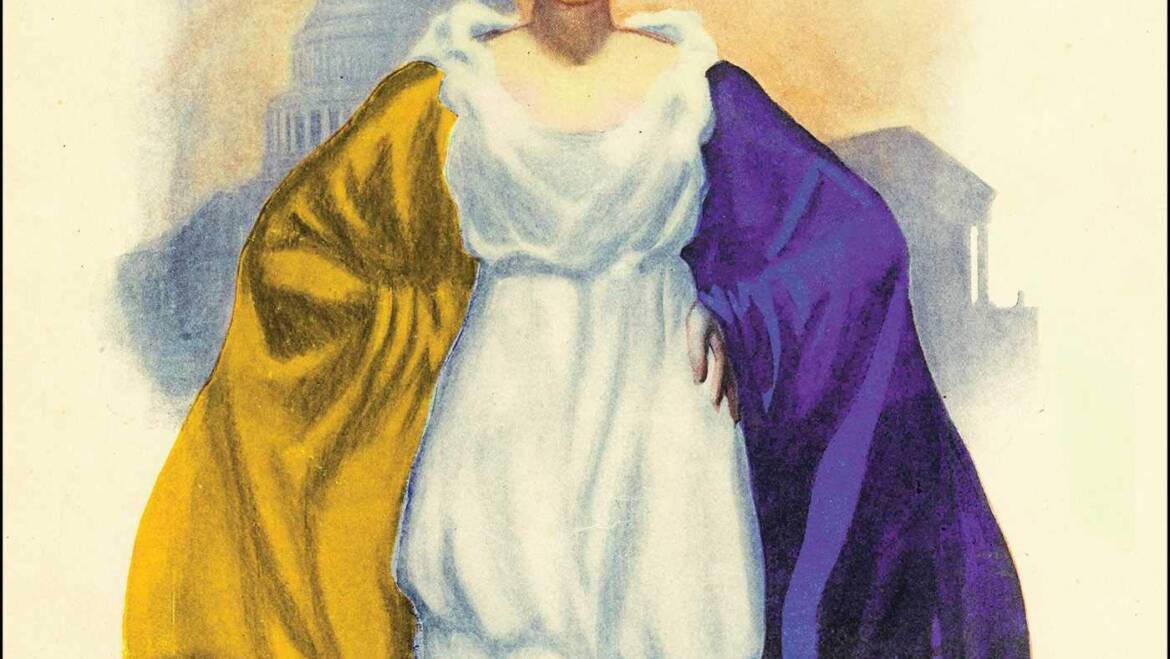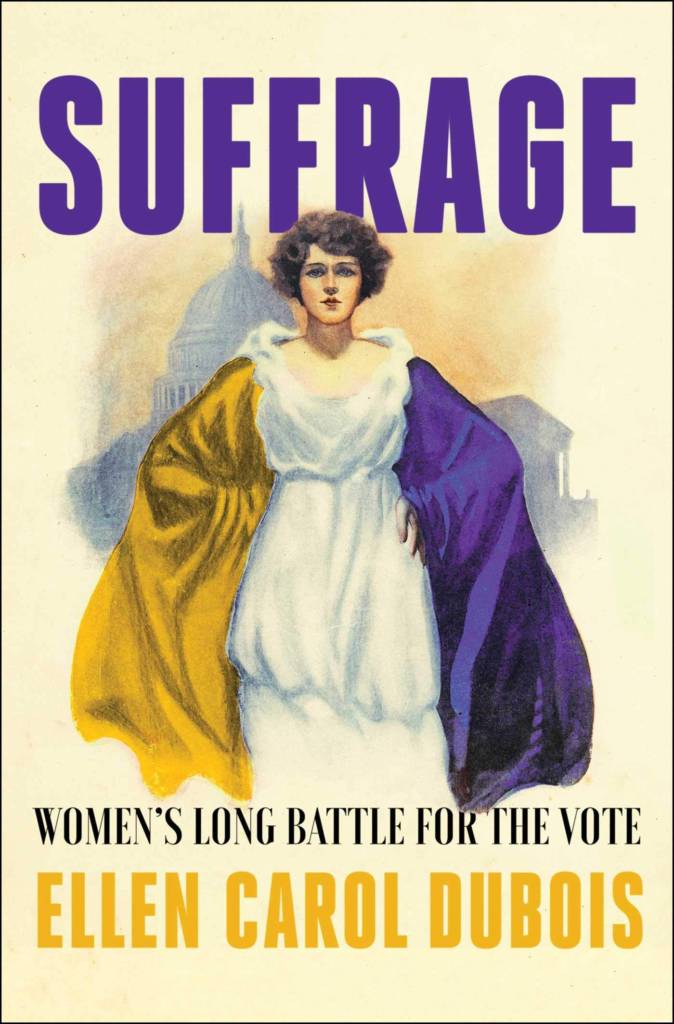“We specialize in the wholly impossible.” African American educator Nannie Helen Burroughs coined that motto for the school she founded in 1909, but it applies equally well to the century-long struggle of American women to win the right to vote. Historian Ellen Carol DuBois ’68 masterfully chronicles that story in her wide-ranging survey timed to coincide with the centennial of the 19th Amendment.
The origins of this book lie in DuBois’s undergraduate days at Wellesley, when she discovered a passion for history that she soon combined with her passion for feminism. No other American historian has so fully explored the topic of woman suffrage as DuBois has over the course of her distinguished career, and this book, which distills its complex history into a dramatic narrative for general readers, is the culmination of decades of deep engagement with the subject.
DuBois begins her story at the Seneca Falls convention in 1848, and takes it well past 1920, so she has a lot of ground to cover. She introduces readers to many of the towering figures of the long struggle: Susan B. Anthony, Elizabeth Cady Stanton, Lucy Stone, Anna Howard Shaw, Harriot Stanton Blatch, Carrie Chapman Catt, and Alice Paul, among others. She pays special attention to Cady Stanton, and her writing about her is particularly revealing. DuBois does not shy away from discussing some of Stanton’s racist statements privileging her own status as an elite white woman over newly emancipated slaves or recent immigrants, whom she considered less worthy of the franchise. Throughout, DuBois confronts the racism of the women’s suffrage movement forthrightly, giving African American suffragists a leading role in the story as they struggled for the vote on a path that was often distinct from but parallel to white women. And she continues African American women’s story past 1920. For most Black women, it was the Voting Rights Act of 1965, not the 19th Amendment, that finally removed the structural barriers to voting.
By the end of the book, readers will have a deeper, richer understanding of the long struggle to win the right to vote and the three generations of women—and occasionally men—who made this struggle their priority. Most likely they will also feel a renewed sense of urgency in today’s contested political landscape to continue the fight for full access to the franchise that suffragists fought so long and hard to win.
Ware is the author of Why They Marched: Untold Stories of the Women Who Fought for the Right to Vote (Harvard University Press).


